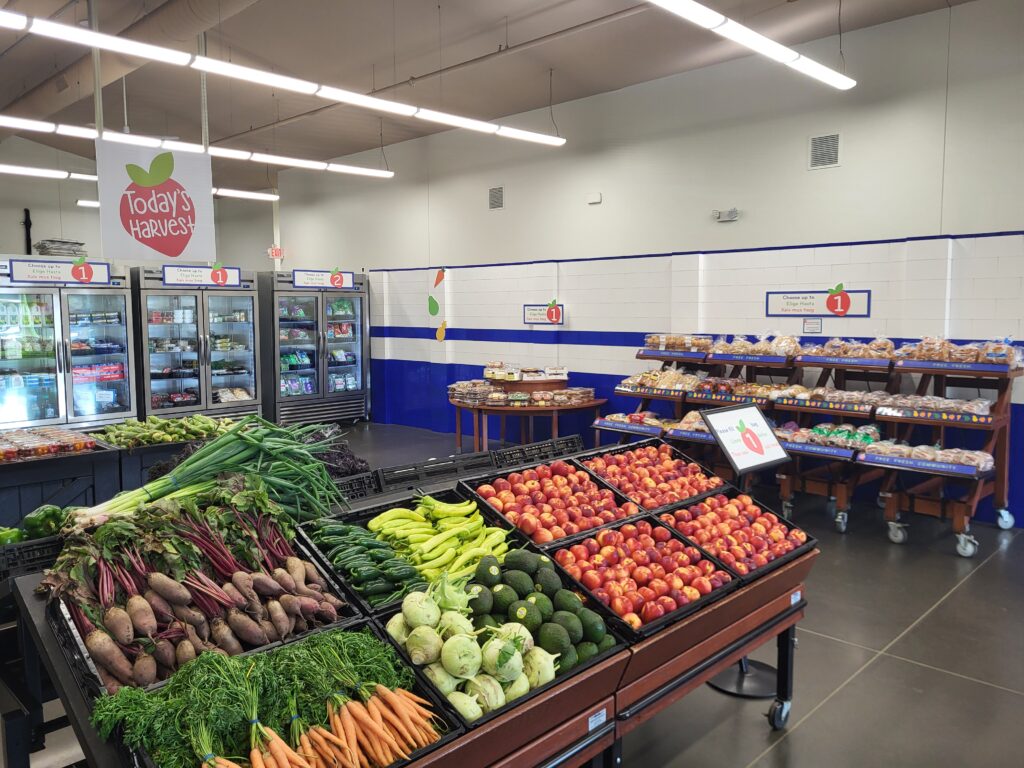
Susan works part-time supporting people with special needs. She spends her weekends working another part-time job, most recently driving for Lyft. Susan is 68 years old.
“I had to stop working at 62 because of a bad accident that was not my fault, so I had to start withdrawing social security early. I can’t live on my social security and pension. I’ll have to work ‘til I’m about dead.”
Retirement isn’t something Susan expects for herself, nor did she learn much about it growing up. “Back in our day, we didn’t know about saving and stuff for your own retirement. It wasn’t even talked about. Everybody had pensions.”
But today, wages aren’t keeping up with inflation, particularly for lower wage jobs. While the unemployment rate is a historically low 2.9% in Minnesota, paychecks aren’t paying the bills. Even in a strong, pre-pandemic economy, the average wage adjusted for inflation had the same purchasing power it had 40 years prior.
For Susan, her part-time incomes, social security income, and pension payments barely cover her $1,100 rent, utilities, and health insurance supplement, which she has to purchase above her Medicare coverage to ensure access to inhalers that help her manage her chronic obstructive pulmonary disease (COPD).
That’s why in the spring of 2023, she turned to the Open Cupboard’s free, fresh market, Today’s Harvest, for help.
“The help (at Today’s Harvest) is out of this world. The accommodations are wonderful. It’s clean. It’s a lot of variety of different foods. Refrigerated food and freezer foods. I try to eat healthy. There’s a real nice, quick check out system. I just love it there.”
When so much is so hard for so many, Today’s Harvest makes it easy, lightening one less load. Because Susan is working, her income doesn’t qualify her for other forms of assistance, like Minnesota Care, the Supplemental Nutrition Assistance Program, or the Nutrition Assistance Program for Seniors.
And Susan isn’t alone. Last year, food shelves, pantries and markets across MInnesota saw a record 5.5 million visits, nearly two million more than in 2021.
“This helps. It helps with my low income. Because I have nobody. I have no help. The food really does give me peace of mind. And that helps a lot.”
